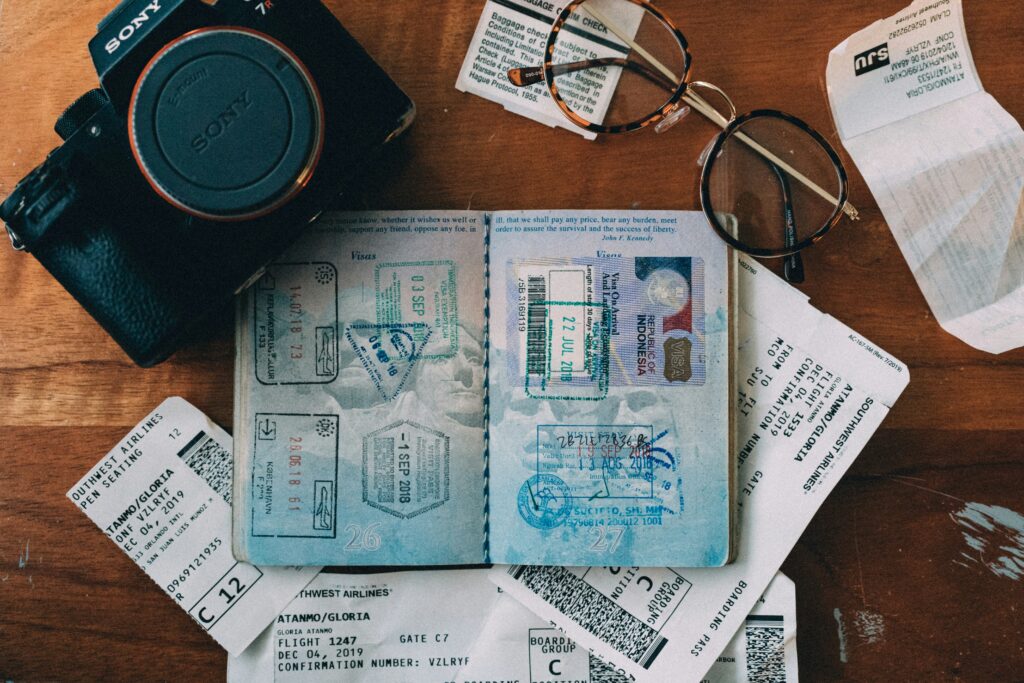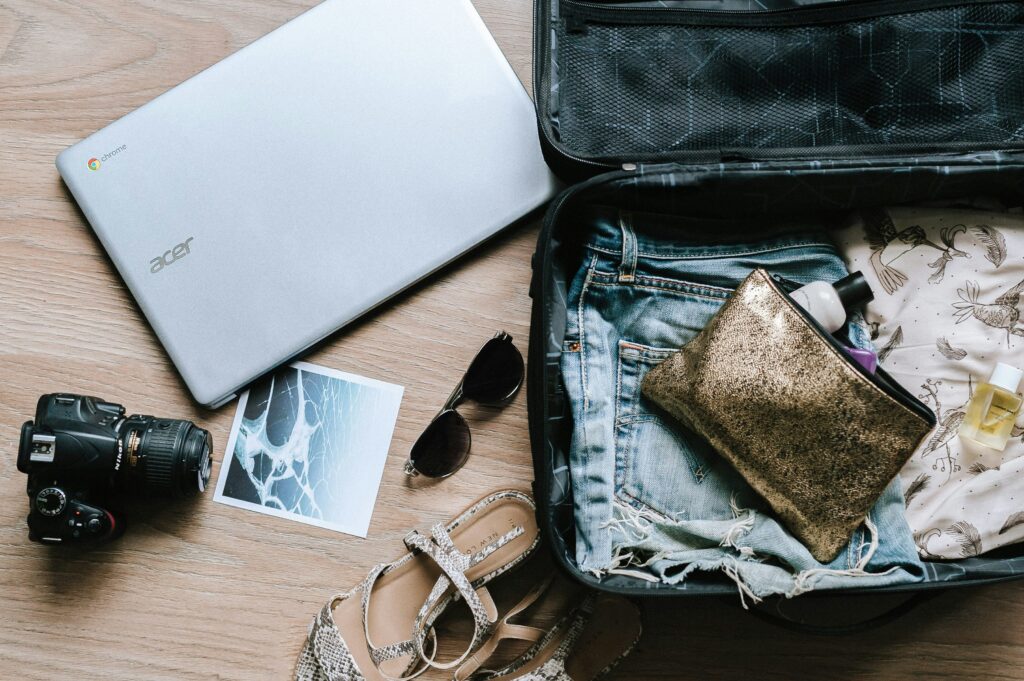
How to Find Cheap Student Flights for Studying Abroad
Embarking on a study abroad journey is an exciting endeavor, but the associated travel costs can be daunting for students. However, with strategic planning and the utilization of available resources, securing affordable flights is achievable. Here are some effective strategies to consider:
1. Leverage Student-Focused Travel Platforms
Specialized travel agencies cater specifically to students, offering exclusive discounts and deals. Platforms like StudentUniverse collaborate directly with airlines to provide fares tailored for students and young travelers. By booking through such platforms, students can access discounts that might not be available elsewhere.
2. Utilize Flight Comparison Tools
Employing flight comparison websites can significantly aid in identifying the most cost-effective options. Tools like KAYAK offer student-specific search functionalities, allowing users to compare prices across multiple airlines and booking platforms efficiently.
3. Monitor Flight Deals and Error Fares
Staying informed about sudden price drops or airline pricing errors can lead to substantial savings. Services like Jack’s Flight Club specialize in alerting subscribers to unusually low fares, including mistake fares that can offer discounts of up to 90%. Similarly, platforms like Secret Flying monitor and share such deals, providing timely alerts to users.
4. Be Flexible with Travel Dates and Destinations
Flexibility can be crucial in reducing airfare costs. Flying during off-peak times, such as midweek or during less popular seasons, often results in lower prices. Additionally, being open to alternative destinations or nearby airports can uncover more affordable options. Features like Skyscanner’s “Everywhere” search can help identify destinations with significant price drops.
5. Subscribe to Fare Alert Services
Setting up fare alerts ensures that students are notified of price changes for specific routes or destinations. Platforms like Dollar Flight Club offer premium subscriptions that provide alerts for fare errors and the best flight prices, even for last-minute trips, potentially leading to significant savings.
6. Join Frequent Flyer Programs and Utilize Travel Credit Cards
Enrolling in airline loyalty programs and using travel rewards credit cards can accumulate points or miles redeemable for future flights. Some credit cards offer sign-up bonuses and additional points for travel-related purchases, which can be advantageous for frequent flyers.
By implementing these strategies and staying proactive in the search process, students can significantly reduce their airfare expenses, making the dream of studying abroad more attainable.













